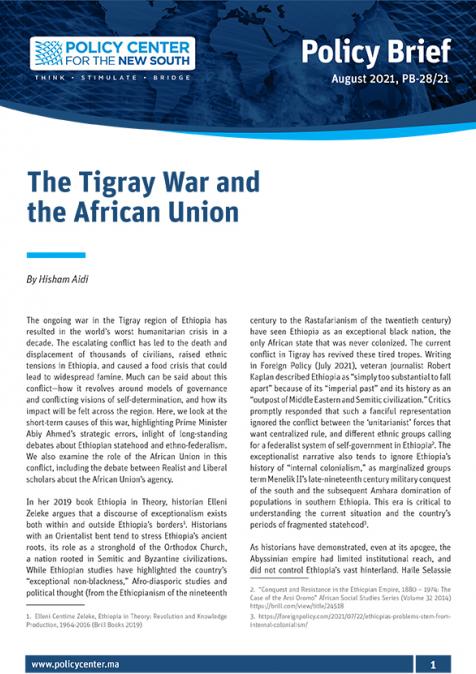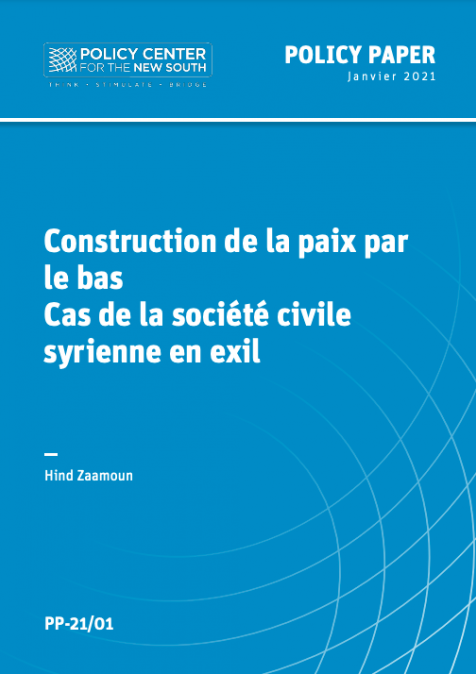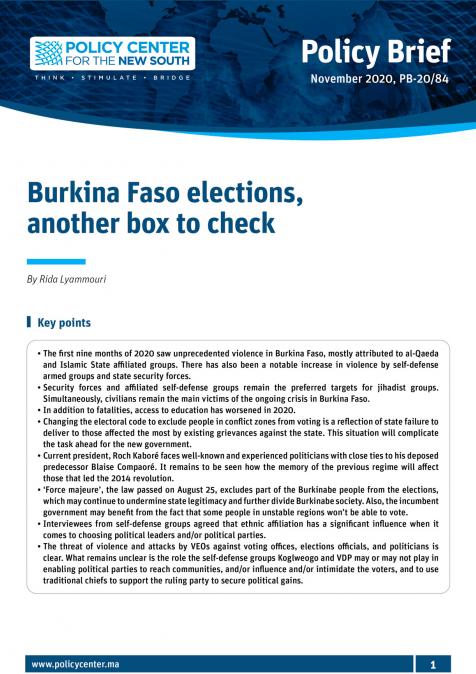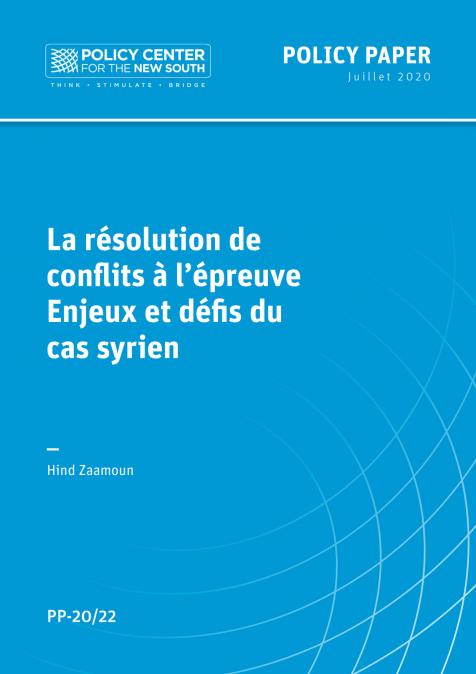Publications /
Opinion
The author is an alumnus of the 2018 Atlantic Dialogues Emerging Leaders program
Last year Ethiopian Prime Minister Abiy Ahmed took a big step toward stabilizing the Horn of Africa when he agreed to sign a long-disputed peace agreement with Eritrea - one that previous Ethiopian governments had refused to sign beca of the border demarcation within the agreement would seem to leave Ethiopia to blame for sparking the conflict in 1998 that eventually caused as many as a quarter of a million casualties.
However, since then, Prime Minister Ahmed has also played a role in attempting to bring peace to several conflicts in the region. For example in South Sudan and between Mogadishu and the breakaway region of Somaliland.
Further afield, Abiy Ahmed has served as a mediator in a maritime boundary dispute between Somalia-Kenya driven by oil exploration prospects. A serious dispute between the two countries emerged following the decision by Mogadishu government to auction oil and gas exploration blocks in disputed territory.
The big players
Abiy Ahmed became Prime Minister during an interesting moment for the region with the UAE and Saudi Arabia as well as Egypt and a number of African countries having severed ties with Qatar over its ties to Hamas, the Muslim Brotherhood and other Islamist groups.
Ethiopia which broke ties with Qatar at one point in the last decade over unfavorable coverage in Al Jazeera has been wooed by both sides.
Ahmed has taken several high-profile trips to the UAE where he was fitted with honours. Last year during a trip to the UAE, Ahmed were awarded the order of Shiekh Zayed. In another event the Ethiopian Prime Minister and the Crown Prince Mohammed Bin Zayed Al Nayan (known as MBZ) met with some of the athletes at the Special Olympic World Games. The historic peace agreement between Ethiopia and Eritrea was signed last year in Riyadh with Saudi Arabia planning major investments in the country.
Ethiopia must also keep a careful relationship with Qatar a country which is an increasingly important patron for the government of President Farmajo in Somalia and traditionally also with the government of Sudan. The latter relationship will likely survive the coup which end Sudanese President Omar El Bashir’s thirty years in power. Ahmed’s recent visit to Doha shows that he was willing to visit the shunned state despite the views of Egypt, UAE and Saudi Arabia.
Ahmed has equally balanced its relationship with great powers. China is one of the largest investors in the region and last year was choosen by Ethiopia to help the Ethiopian space agency launch its first satellite –the latest move in what many hail as the “African Space Race.” At the same time Ethiopia was a key stop in Emmaule Macron’s recently completed trup to the Horn of Africa which included stops in Kenya and Djibouti. A trip ostensibly about halting the influence of China in the region. The country was also visited by Ivanka Trump during her own trip to the region in April.
A key goal of the Ethiopian government is to diversify its links to maritime trade a field which has so far been dominated by Djibouti and Abiy Ahmed is keen to do just that with the government investing port projects in Sudan and Somalia. However, it is Eritrea where the greatest potential lies. A new port in the Bay Anfile will allow Danakali to export from its ongoing $320 million mining project. The fertilizer company Yara also hopes to use the site to export from its $700m potosh mine not far from the Eritrean borer.
A new sheriff in town
Within Ethiopia, not everyone is happy about the new sheriff in town. The Oromo who make up the base of his support make up 34% of the country's population and are the largest ethnic group. The Amhara make up 27% of the population and for centuries have dominated country’s political elite. The Tigrayans who have suffered the most the most from his reforms make up just 6% of the population though as the most organized faction in Ethiopia’s government have ruled the country since the collapse of Ethiopia’s communist regime until last year.
Tigrayans still hold key posts in state-owned companies and a smattering of posts in the defence structure. An internal coup backed by Tigrayan hardliners will remain a real risk albeit diminishing threat to the political stability of the country ahead of the 2020 election.
However, multiple trips by the author last year found that most people, even ethnic Tigrayans offered praise for Abiy Ahmed. The economy is booming indeed foreign direct investment in Ethiopia 2008 and 2017 increased fivefold to $4.17b. As such Abiy Ahmed is at this stage the front-runner to win elections set for 2020 not because of his peace-efforts as much as his ability to keep the economy booming.







